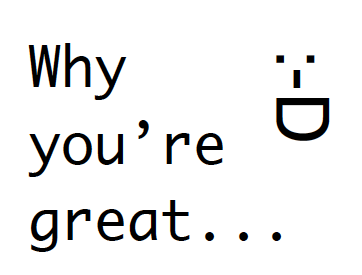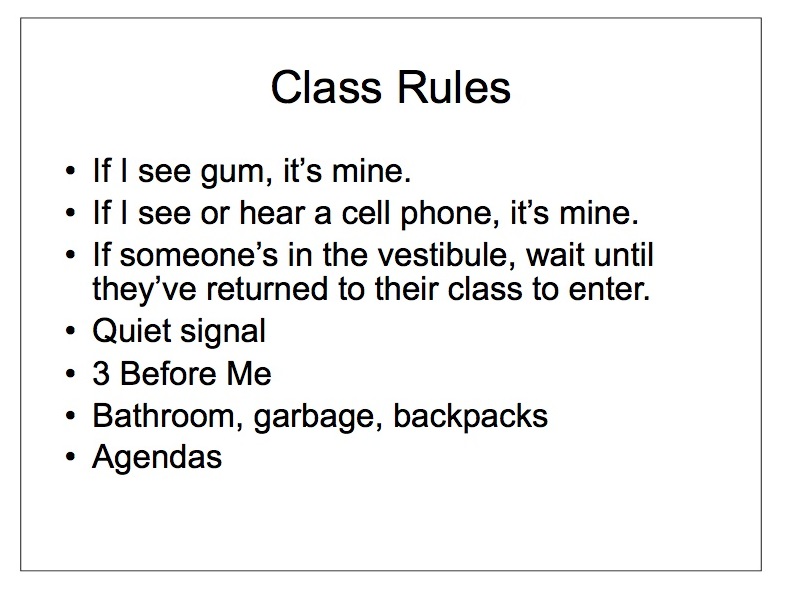The stakes in student teaching are high. Student teaching will color teachers’ perceptions of students’ capacity to learn, shape their expectations for their own performance and help determine the type of school in which they will choose to teach.
– National Council on Teacher Quality
The quality of teacher preparation programs came up over and over again throughout my courses this semester. Common complaints:
- The standards for teacher education programs are myriad across colleges and universities.
- As teacher preparation programs account for large portions of college and university enrollment, they frequently lower enrollment standards as they have become reliant on the funding delivered by these students’ tuition.
- Teacher preparation programs struggle to find an appropriate balance between theoretical and practical instruction.
My own preparation experience at Illinois State University was a strong one. I was required to spend over 120 hours observing and delivering drop-in lessons at partner schools near campus including the University’s own laboratory schools. While I never had any practice teaching my peers as they pretended to be students, I had plenty of opportunities to teach students as they acted like themselves.
Each outing in another teacher’s classroom was followed up by written reflection, conversation with the teacher, and class discussion with my fellow pre-service teachers and our professor.
It wasn’t a perfect experience. My peers and I started to see the cracks in the program the closer we got to graduation and thereby knowing everything. We wished our professors had more experience in classrooms to balance their well-meaning theories with the realities we found each time we ventured to the head of a classroom. We knew we wanted to see Individual Education Plans and 504s before we were on our own and faced with the task of informing their drafting. Most of all, we wanted to know what each other was doing and how we could best begin the time-tested practice of teacher stealing.
I’m not in disagreement with many of my classmates’ complaints from undergrad or grad school. I’ve started thinking about what I would do were I in charge of reforming or revamping a school of education based on these complaints. So far, I’ve two suggestions.
-1-
Require each teacher seeking certification to also complete certification requirements in special education or English for speakers of other languages instruction. Not completing either of these certifications when I was in college has always been a regret. What I learned in both areas I had to learn amid the process of learning to teach. It would have increased my program requirements, but it would have been worth it.
I’ve got a hunch it wouldn’t have been worth it for those people in my program who weren’t too keen on actually becoming classroom teachers after graduation. Requiring special ed and/or ESOL certification from all graduates would help cut down on program applicants as well. Those looking at teaching as a fall-back position would be less likely to do so if it meant more work. Those who apply and complete the program would enter the classroom better prepared to meet the needs of their students and speak the teacher-ese that makes up much of the learning curve as new teachers start out.
Such a requirement might also lead programs to rejigger their schedules of coursework to keep the requirements manageable and have the added benefit of more cross-curricular work.
-2-
Require every student teacher to blog. Require that blogging to be shared amongst the other student teachers in their program. Require every cooperating and supervising teacher to comment on every post written by any student teacher in his or her charge.
When I was going through my program, ISU had the sixth-highest rate of teacher graduates in the country. Dozens of people were completing their student teaching in small towns and cities across the state at the same time as me.
Aside from one friend with whom I carpooled to school, I had contact with none of them until the whole experience was over. I should have. I should have also been required to reflect on my practice at least once a week and those stories should have been archived for the classes that came after me.
When I became a student teacher, I might as well have been the first man on the moon for as much institutional knowledge as I took with me into the experience.
Requiring all student teachers to blog about their practice in concert with their peers in similar situations can create a culture of interaction and reflection that’s so easy to forget amid all that is clamoring for attention during those weeks. The comments they receive can help them refine their practice and feel part of community. For those who follow, the records of reflection can act as case studies and what-if scenarios leading up to student teaching.
Building these habits of transparency, reflection, and collaboration while their teaching identities are in the most nascent stages will help increase the likelihood those habits will carry over into their professional practice.
—
These are two beginning thoughts on how education can improve how it prepares its next generations. I’ll keep thinking.
Like this:
Like Loading...


